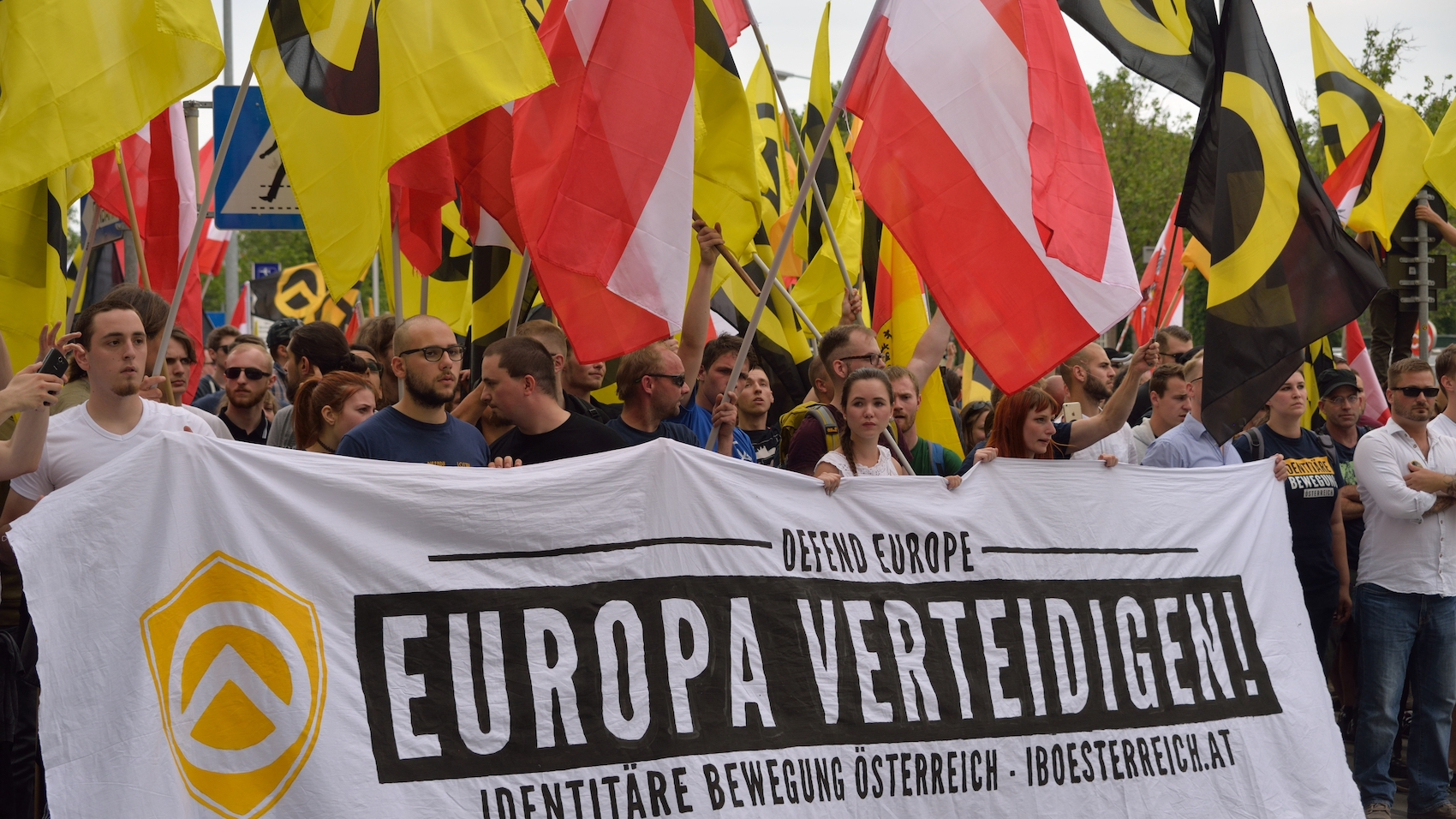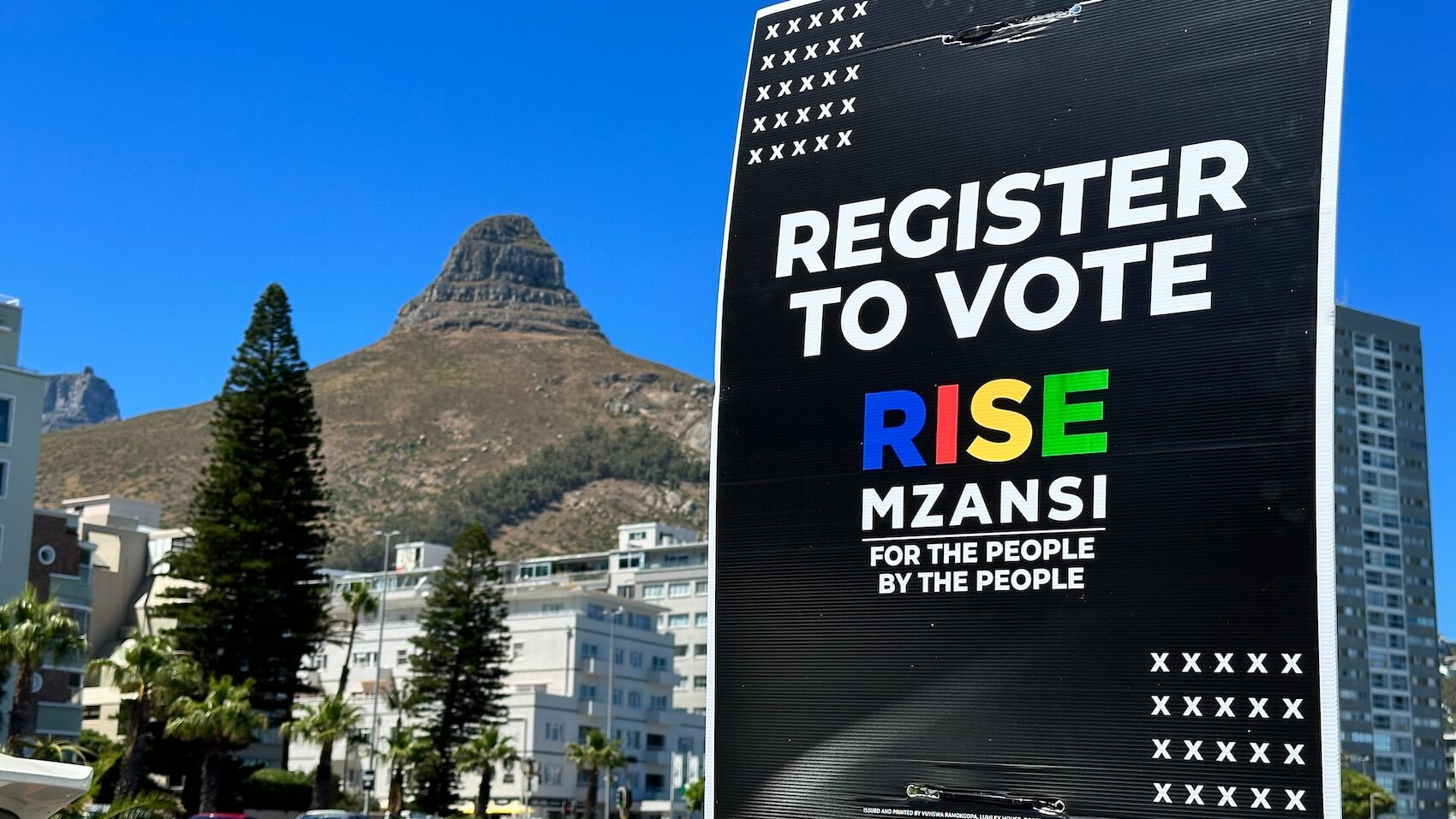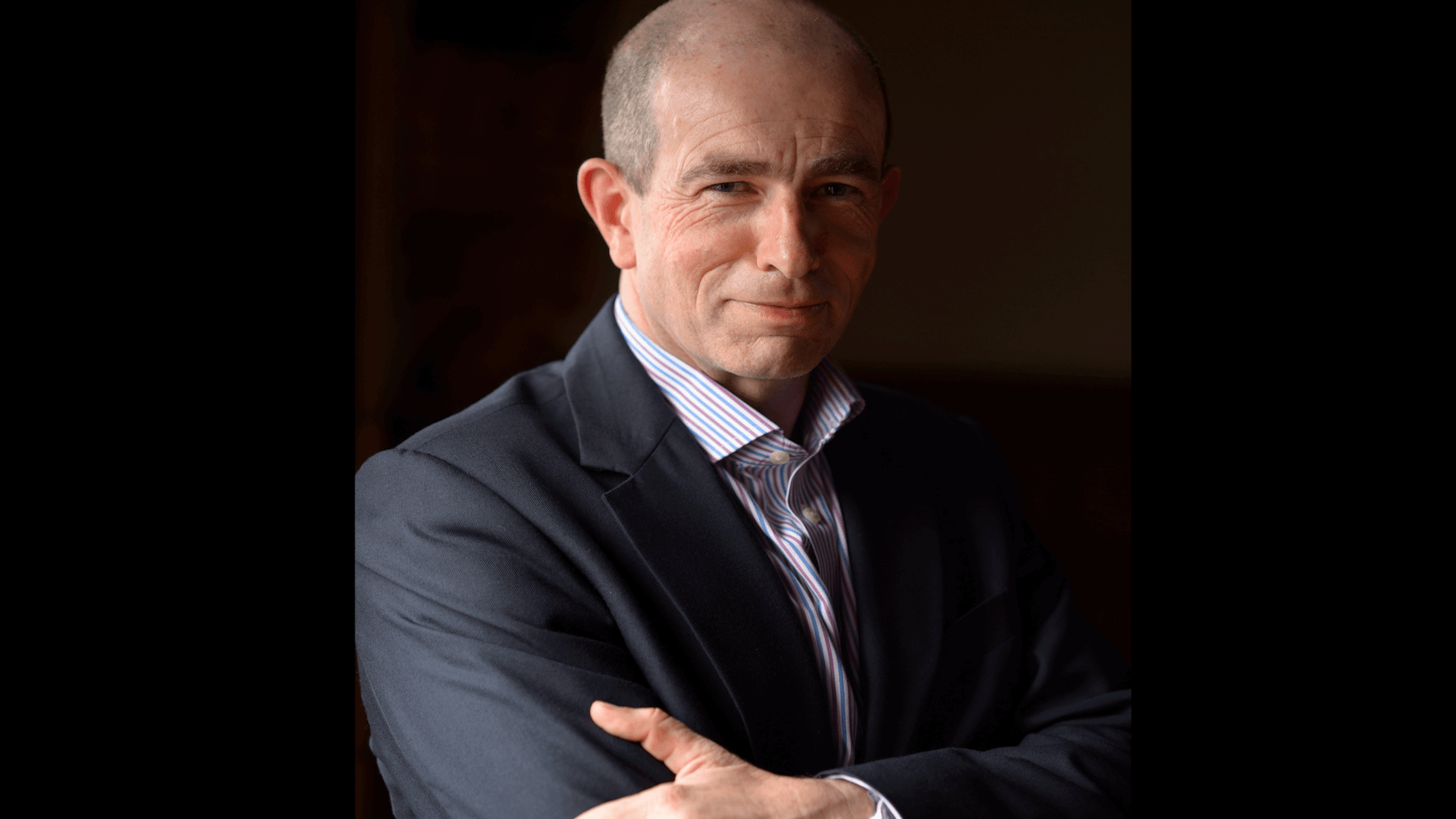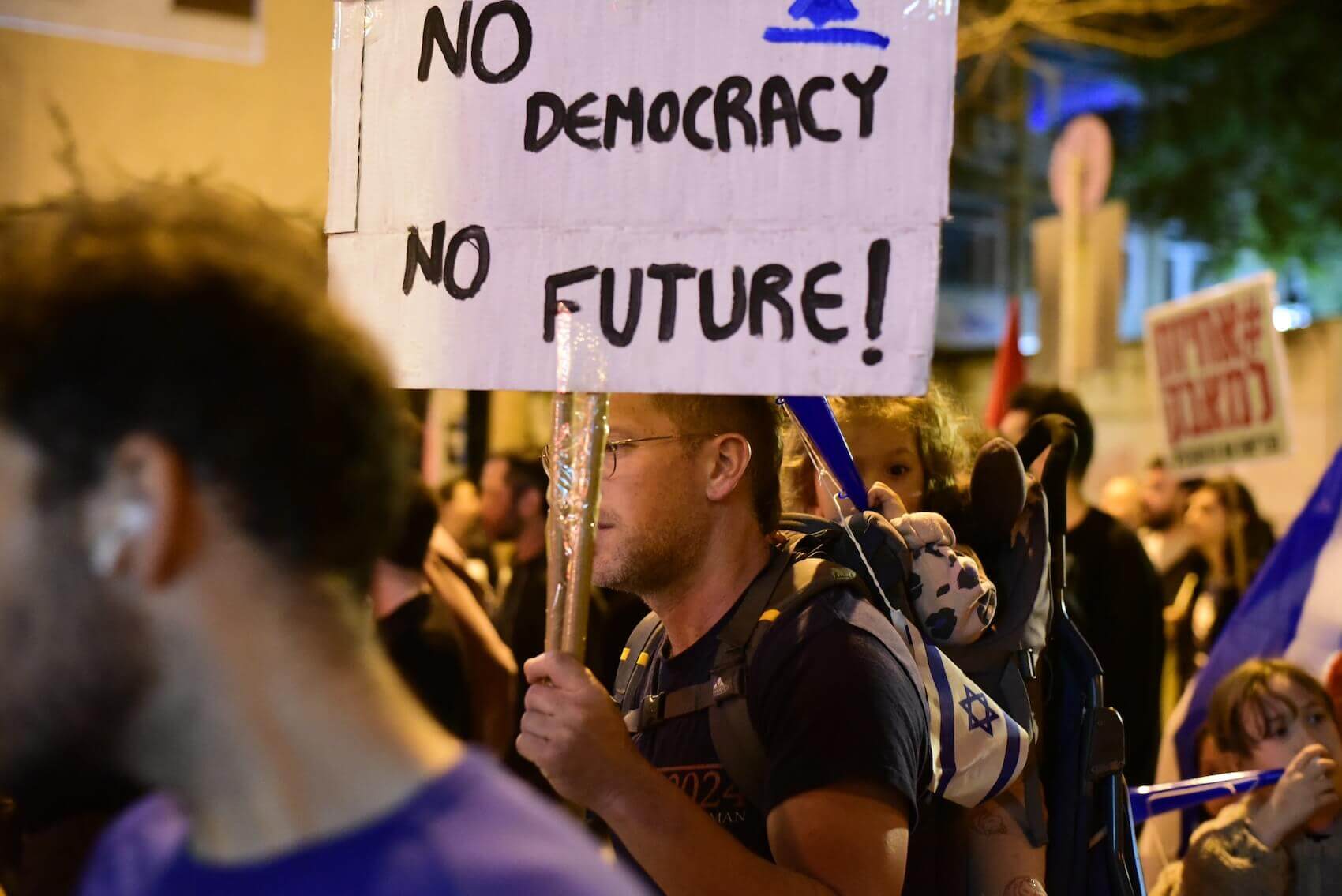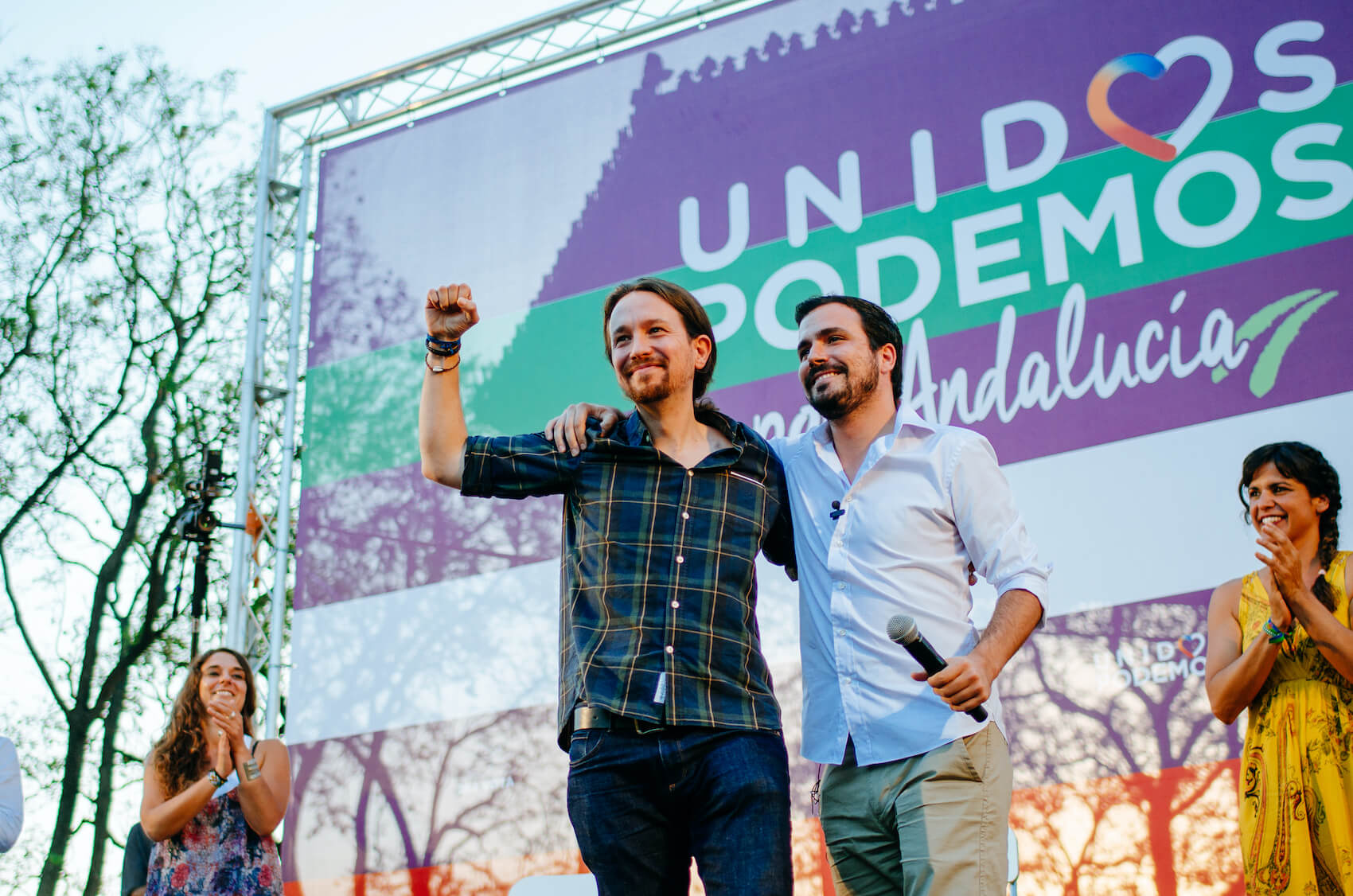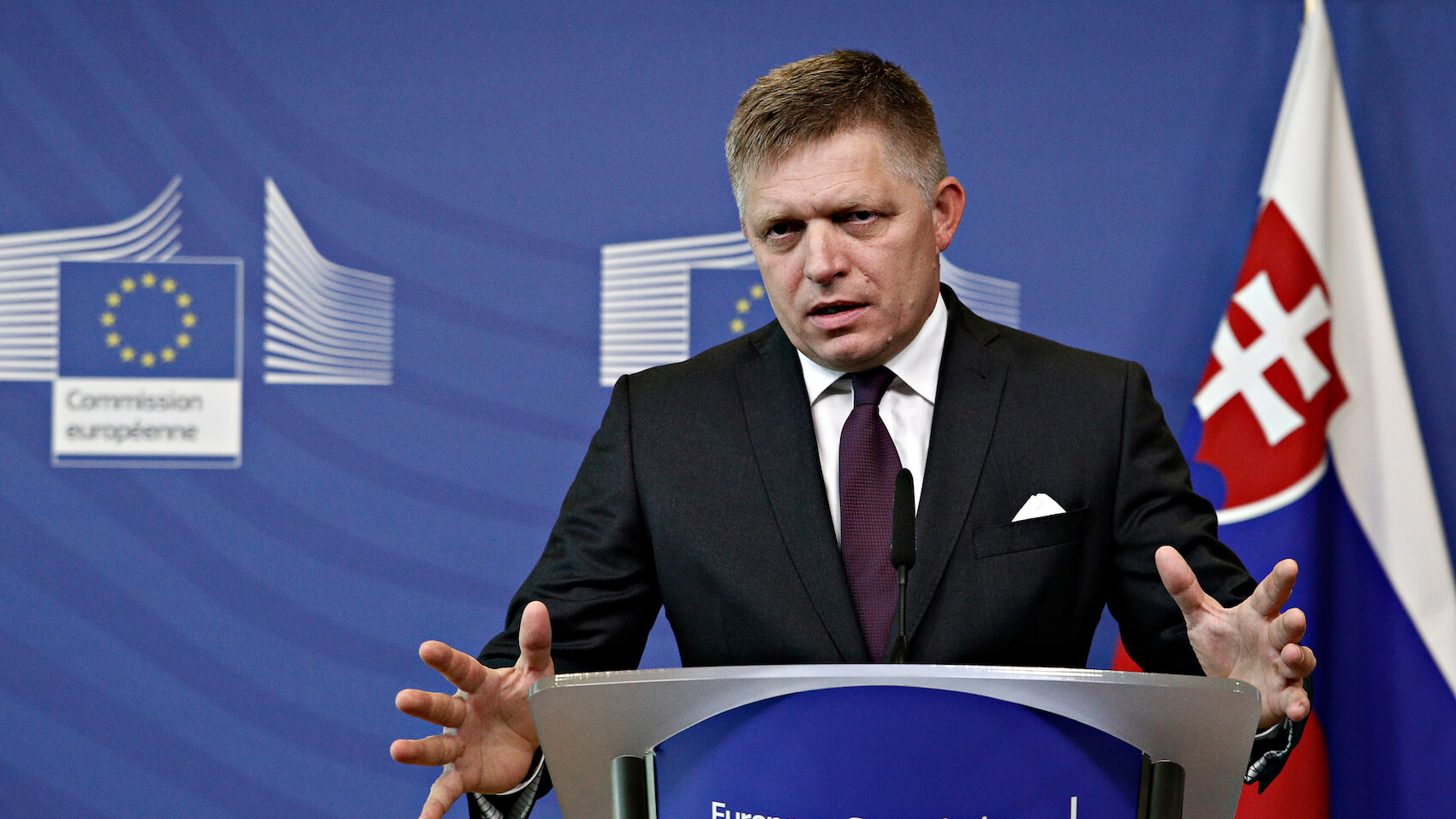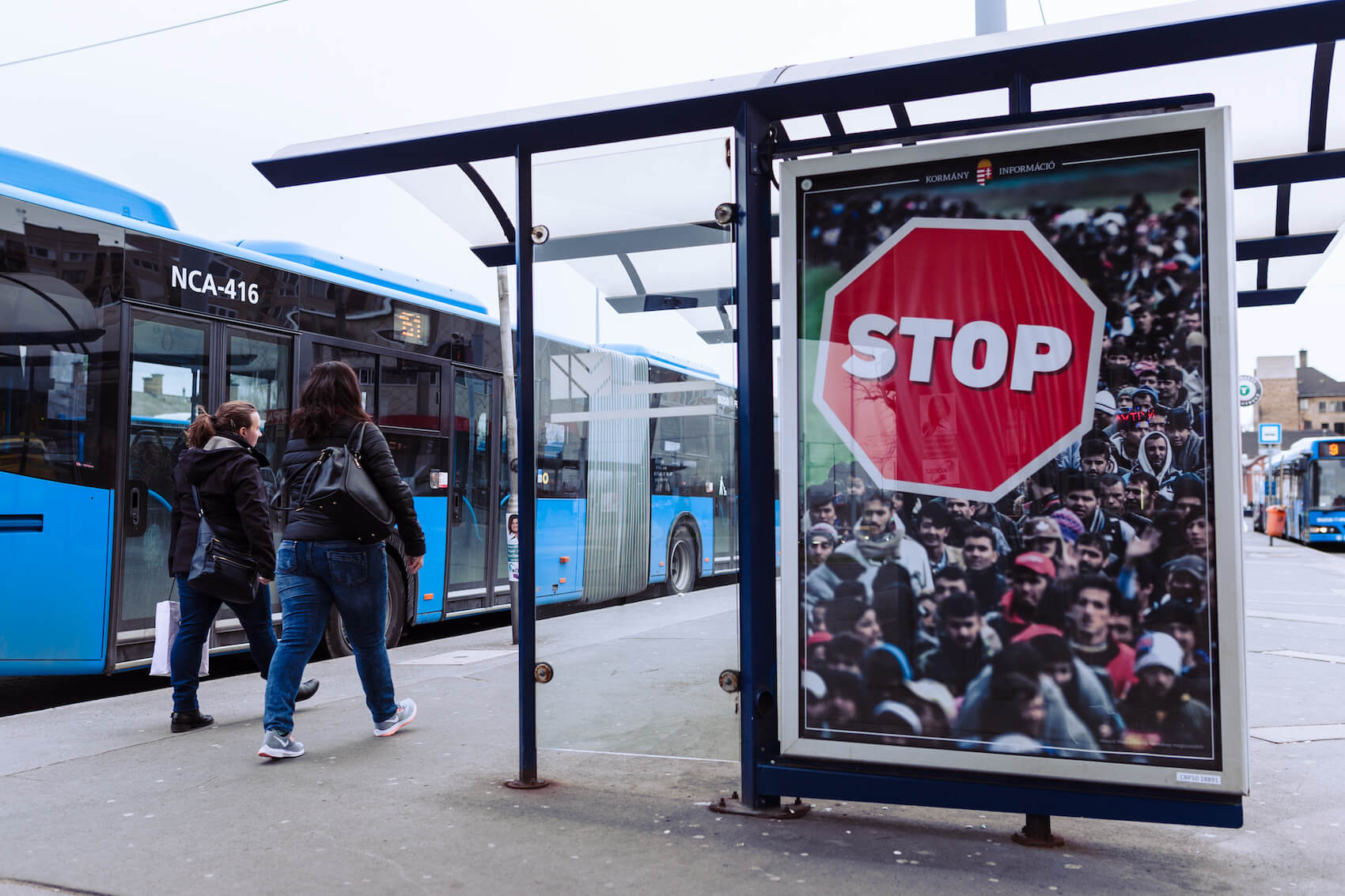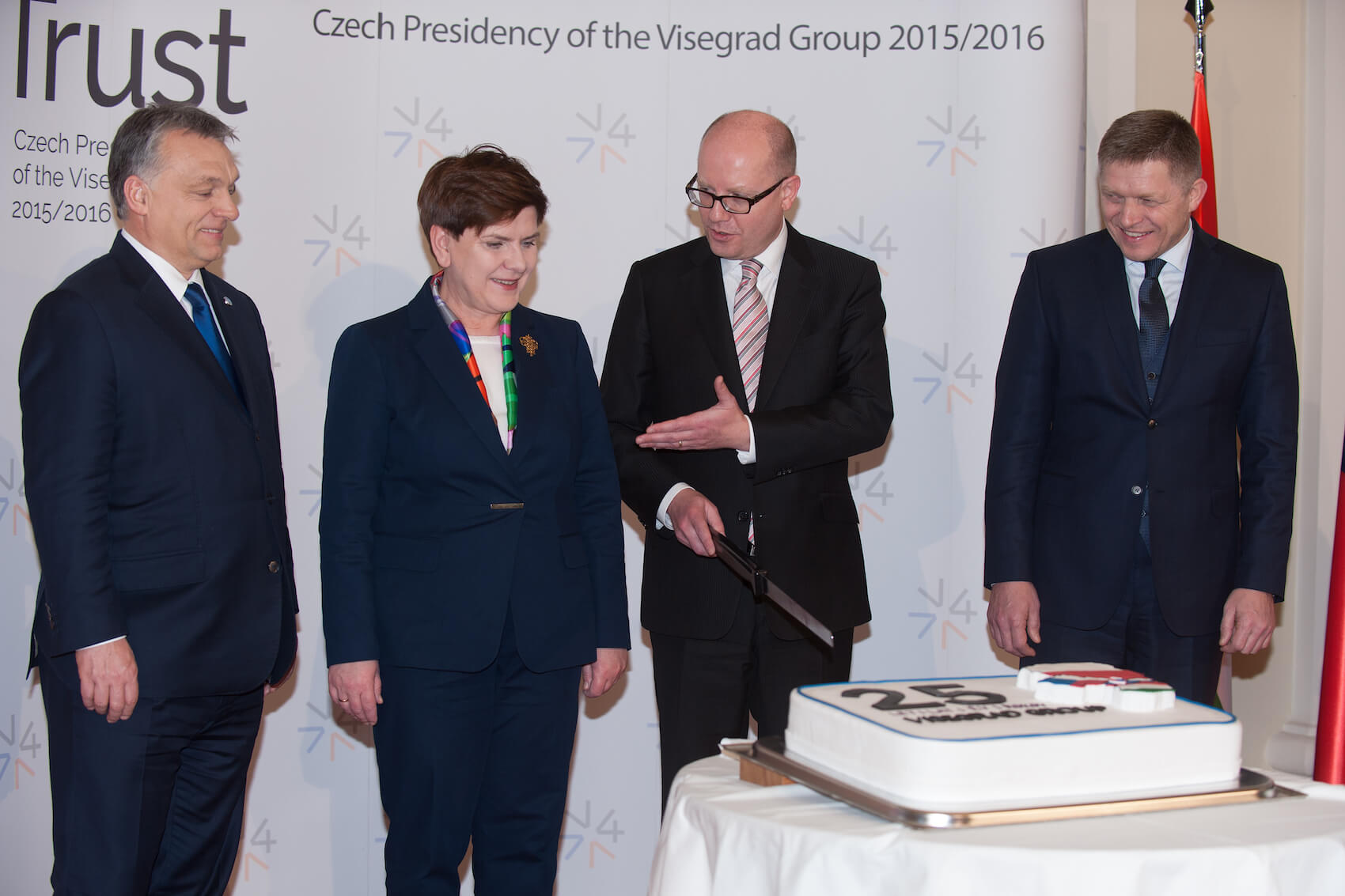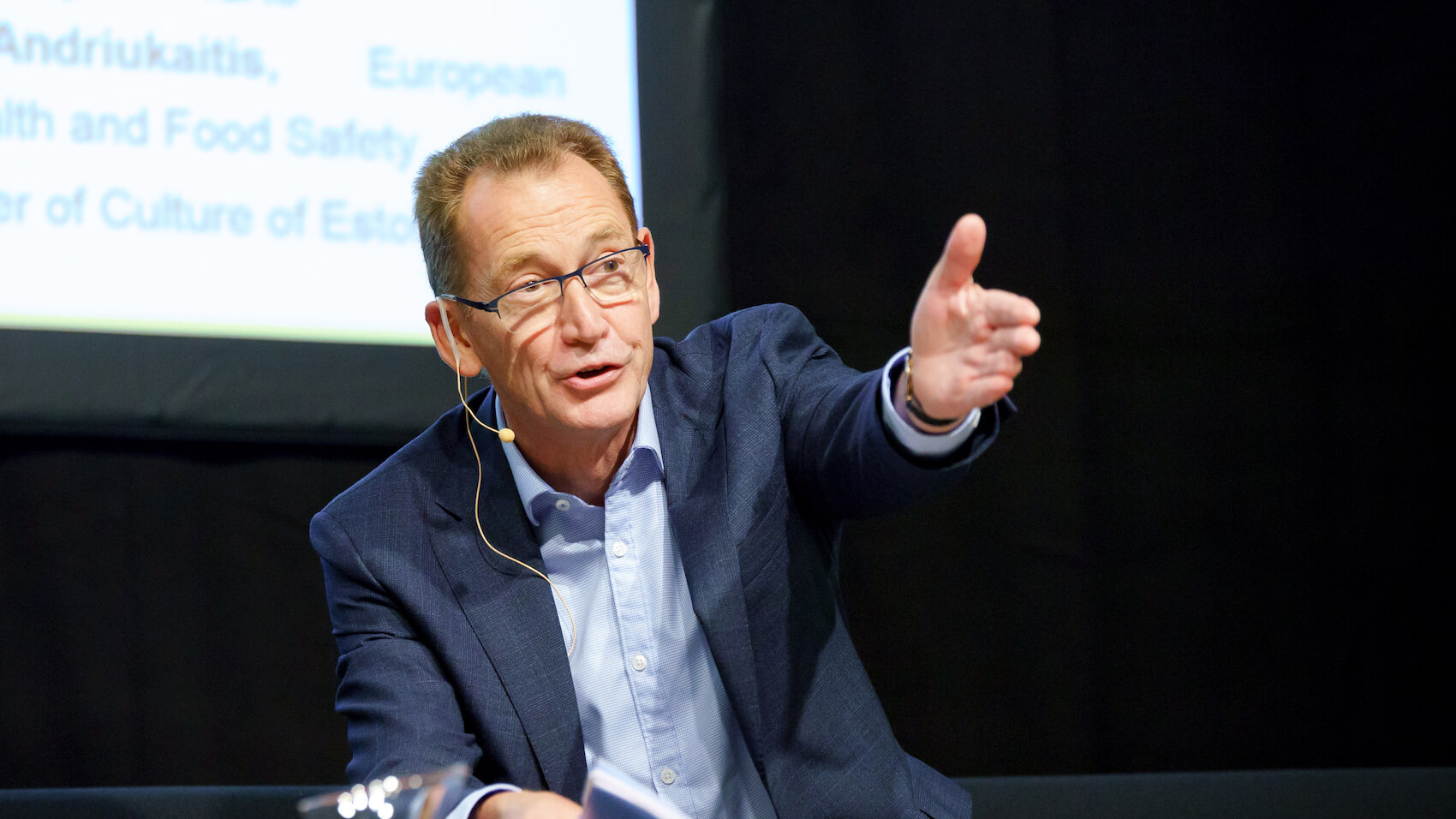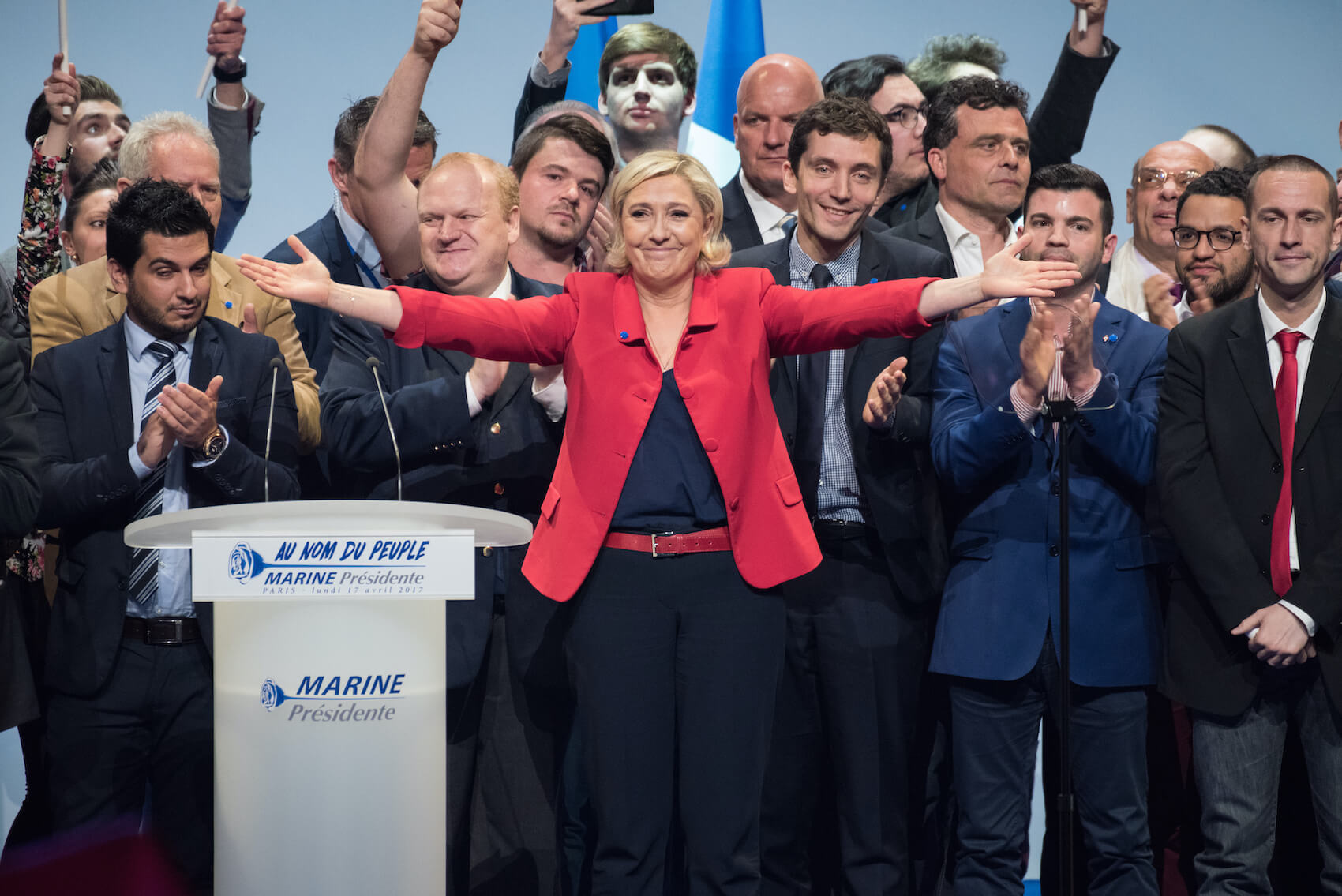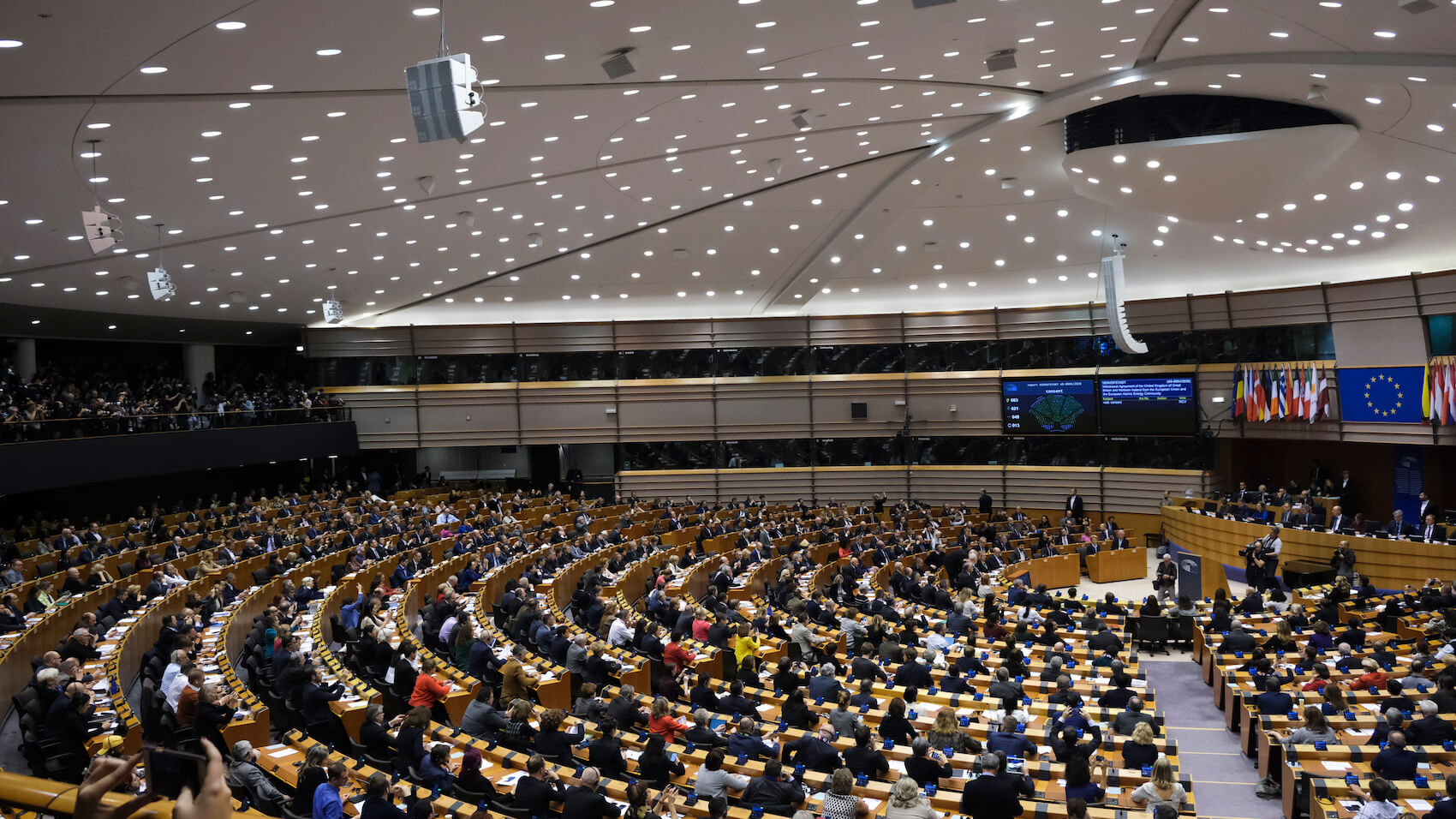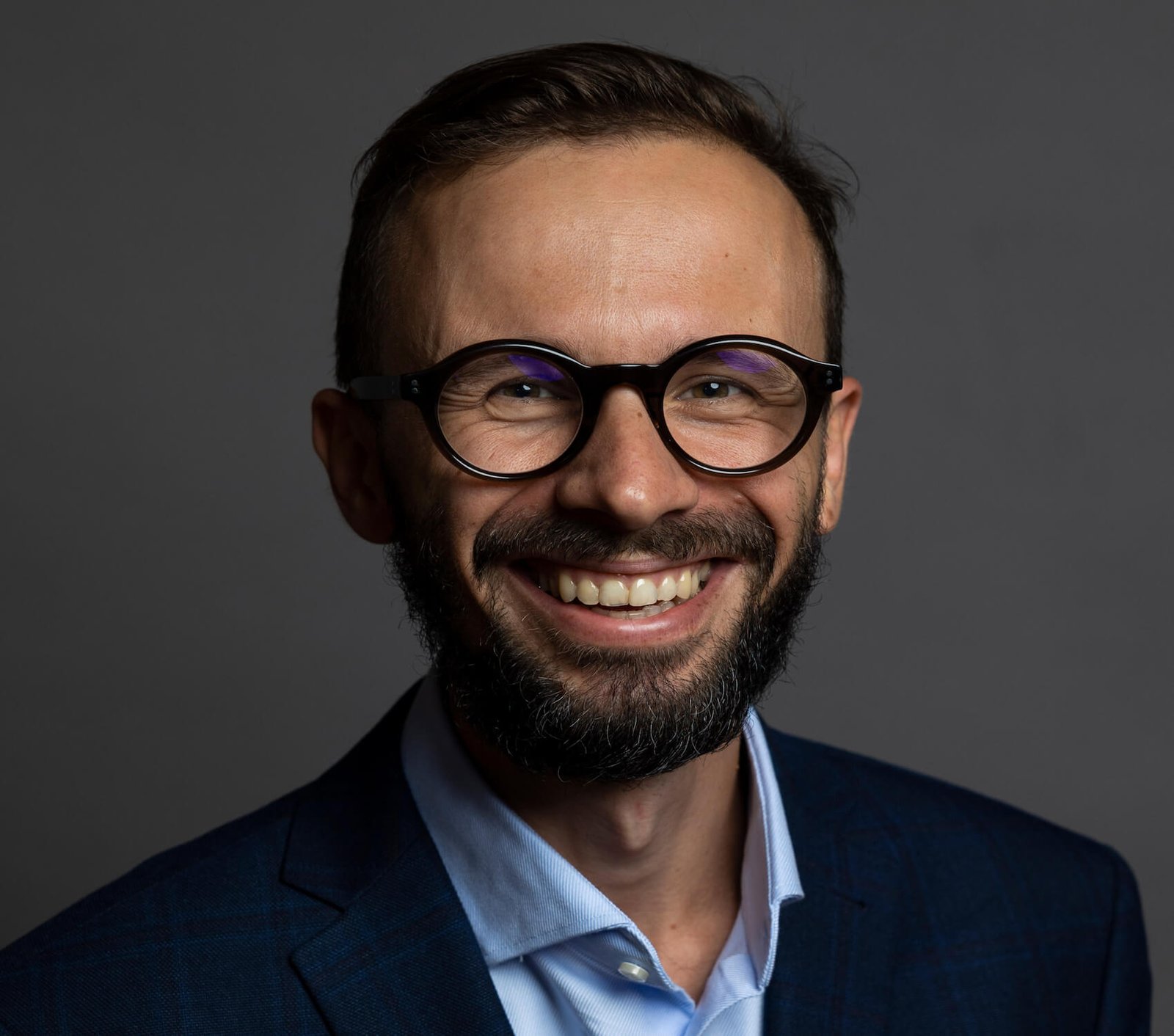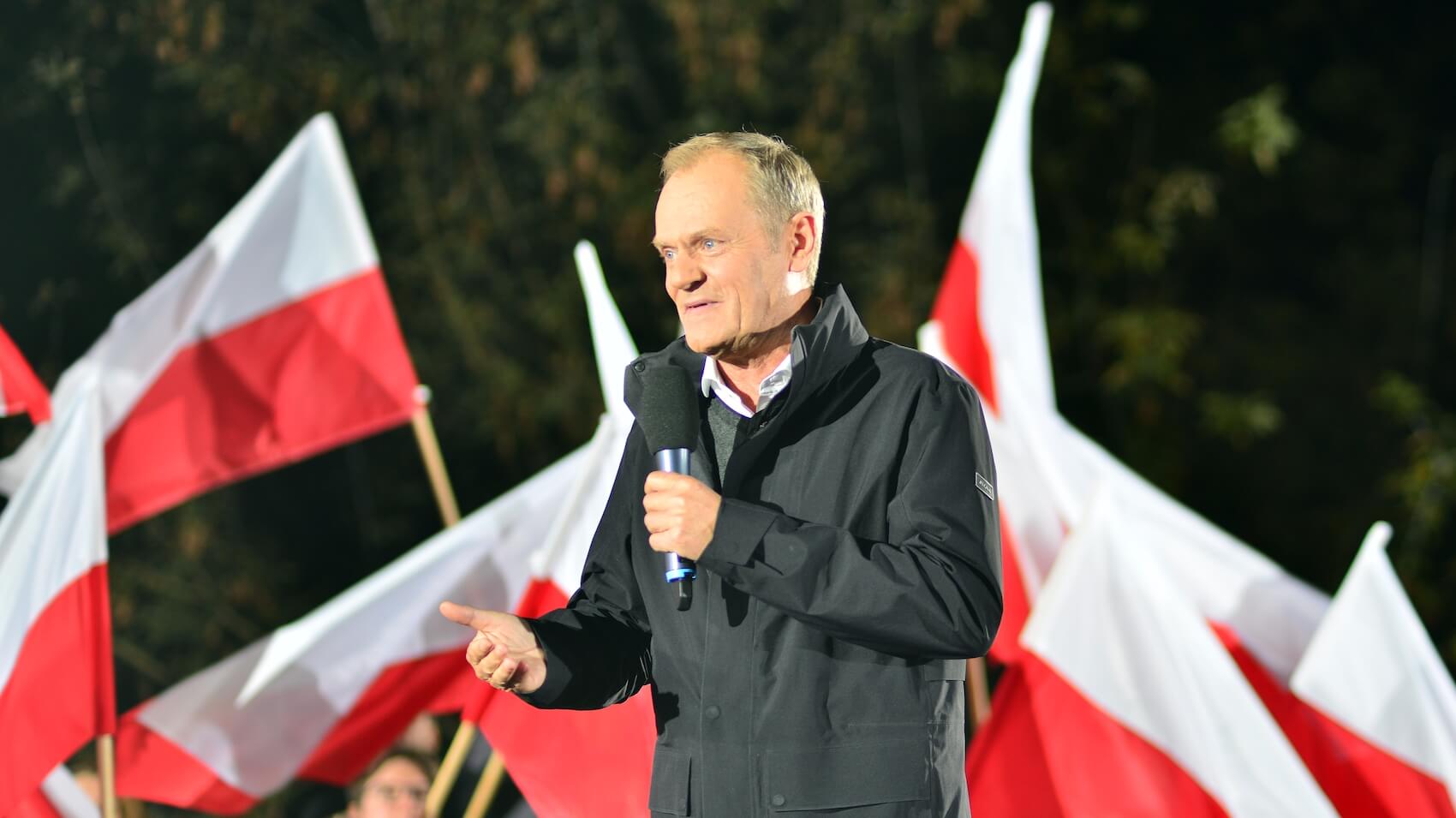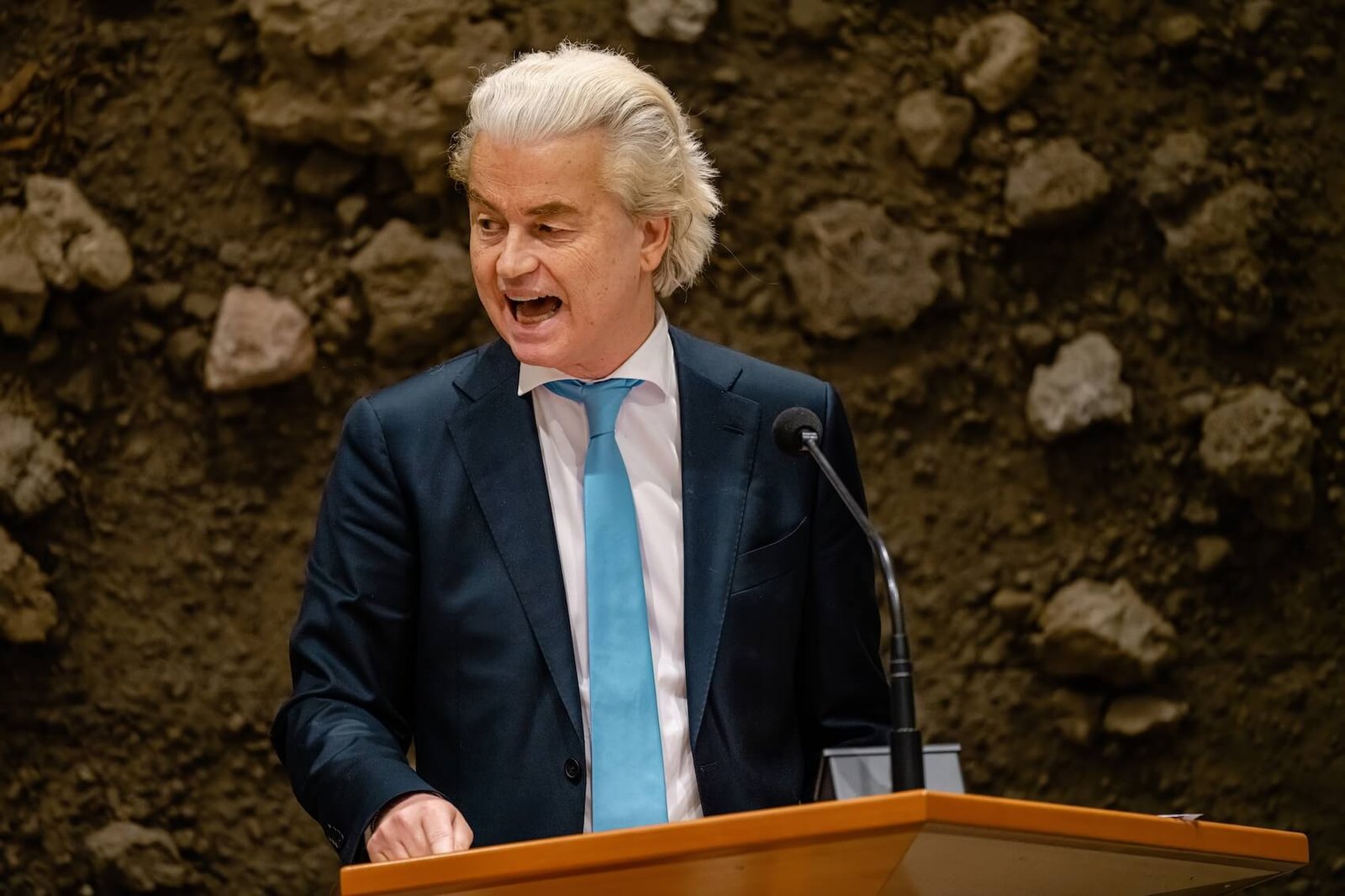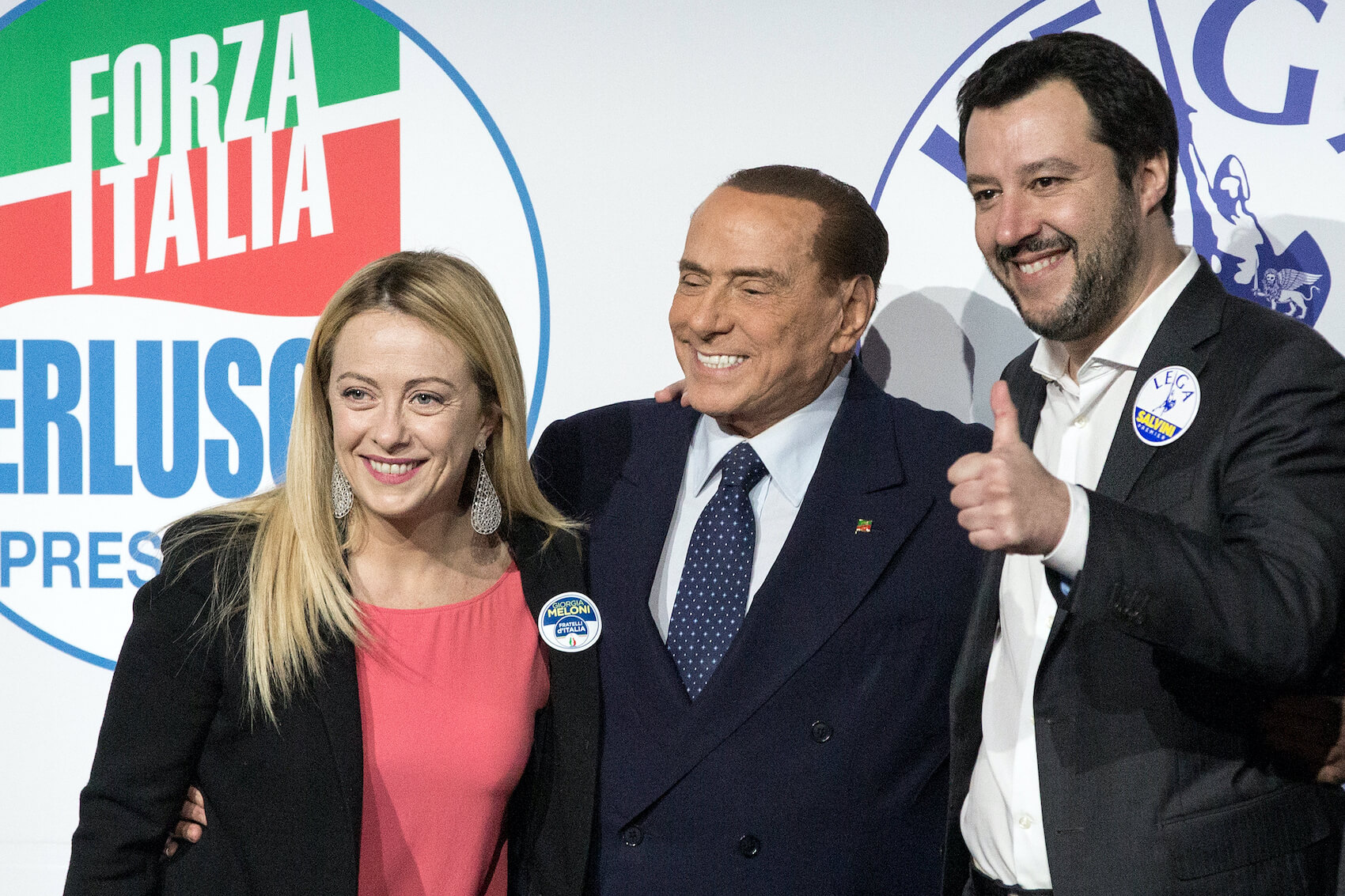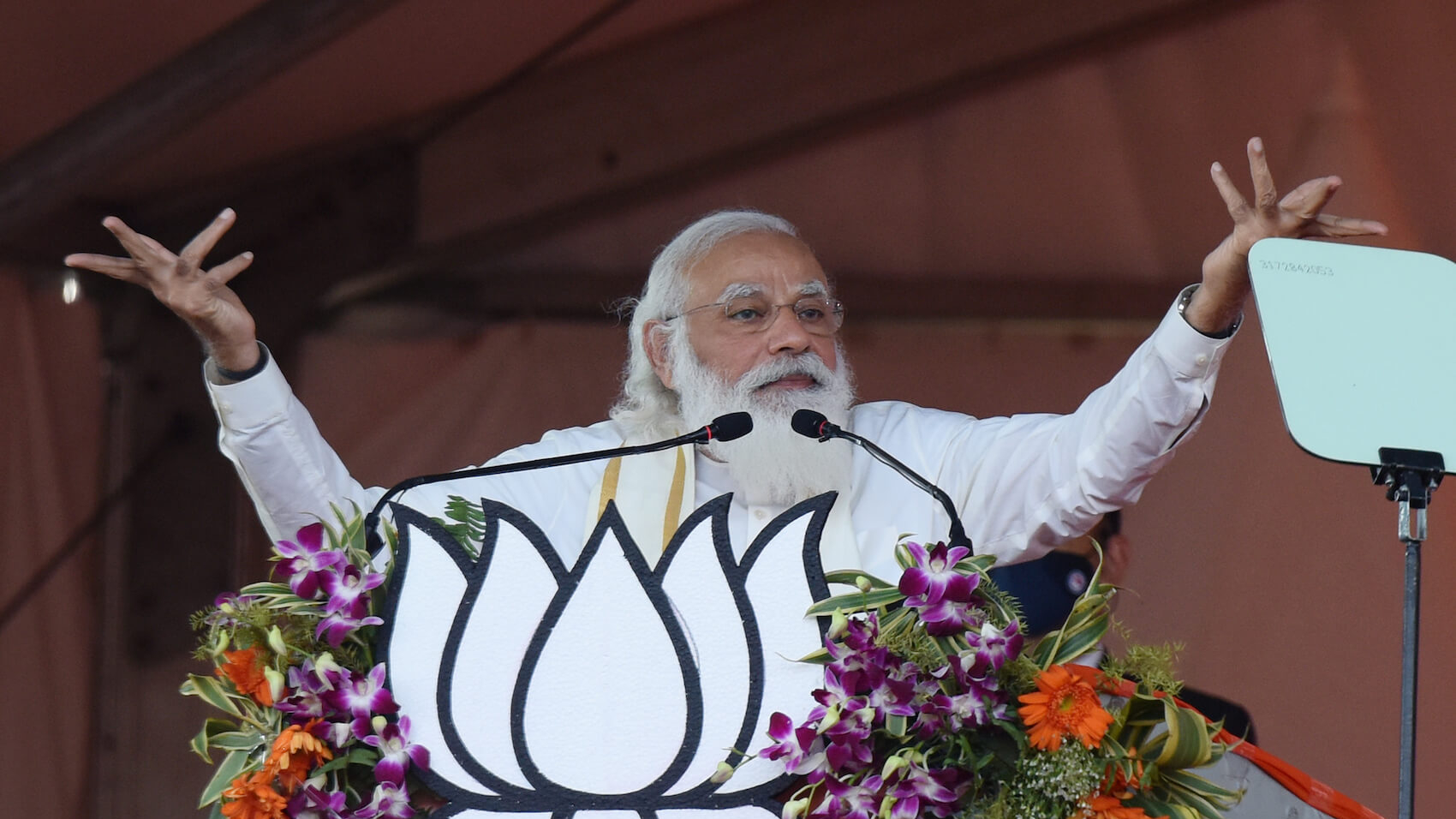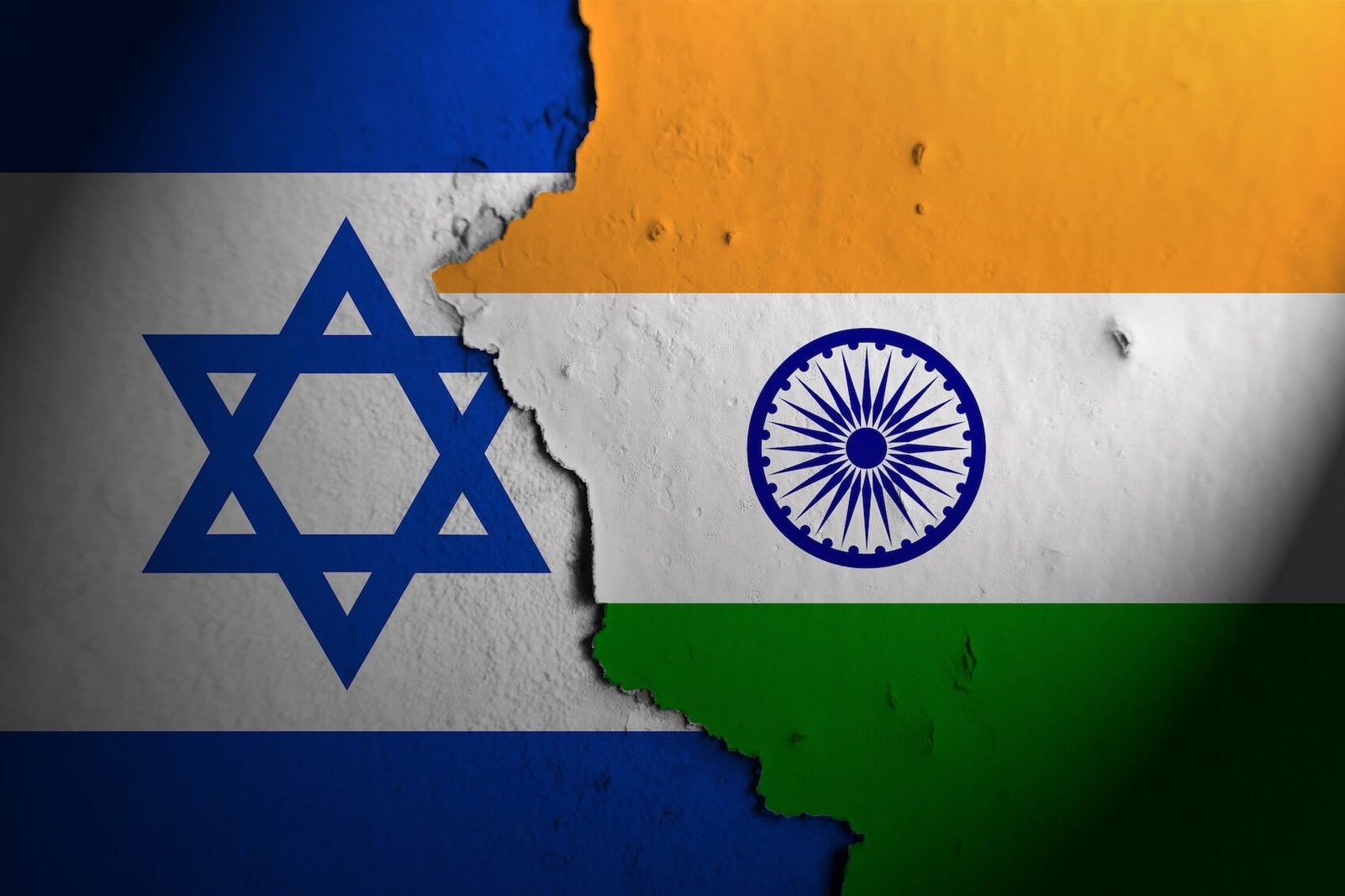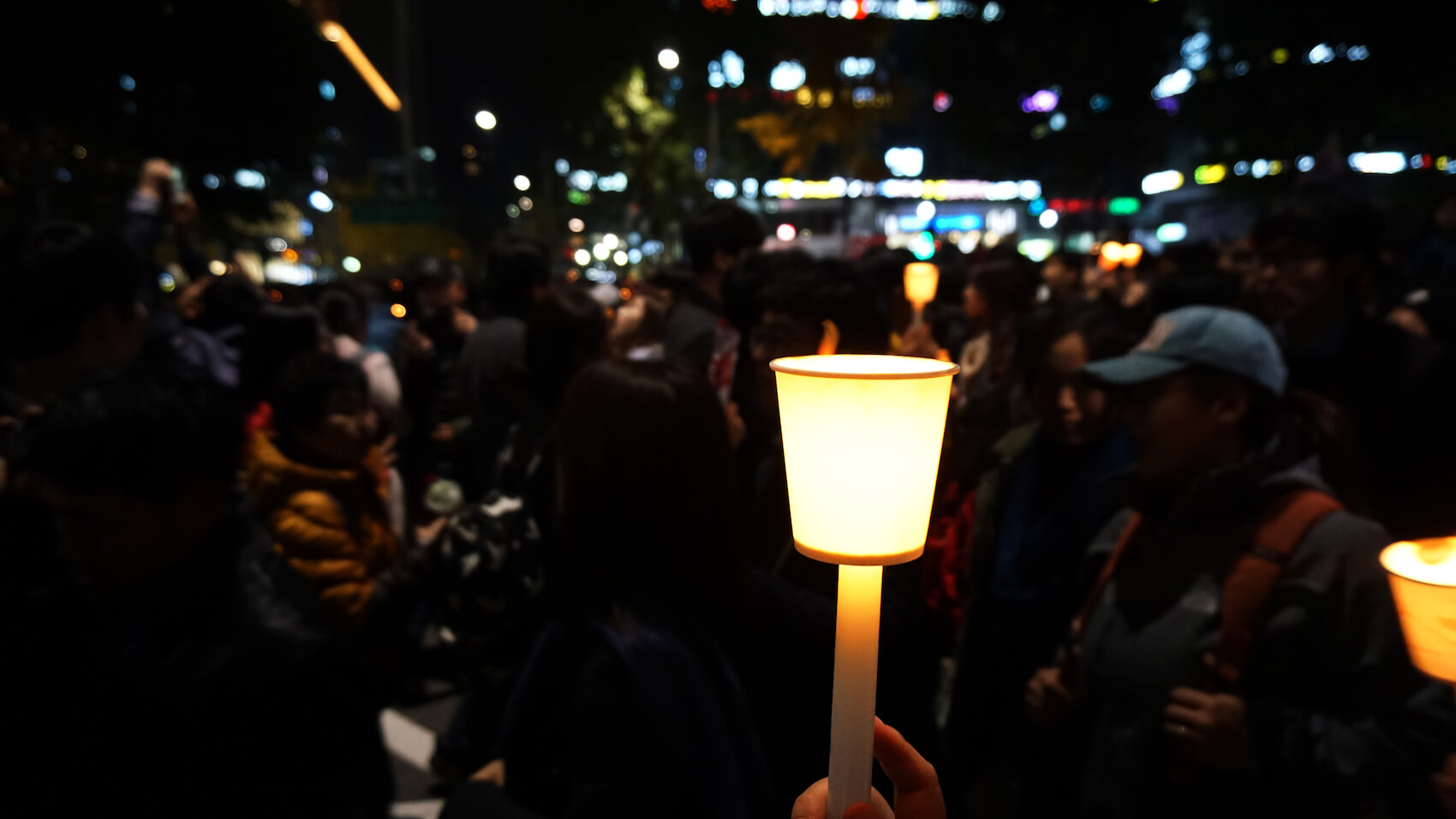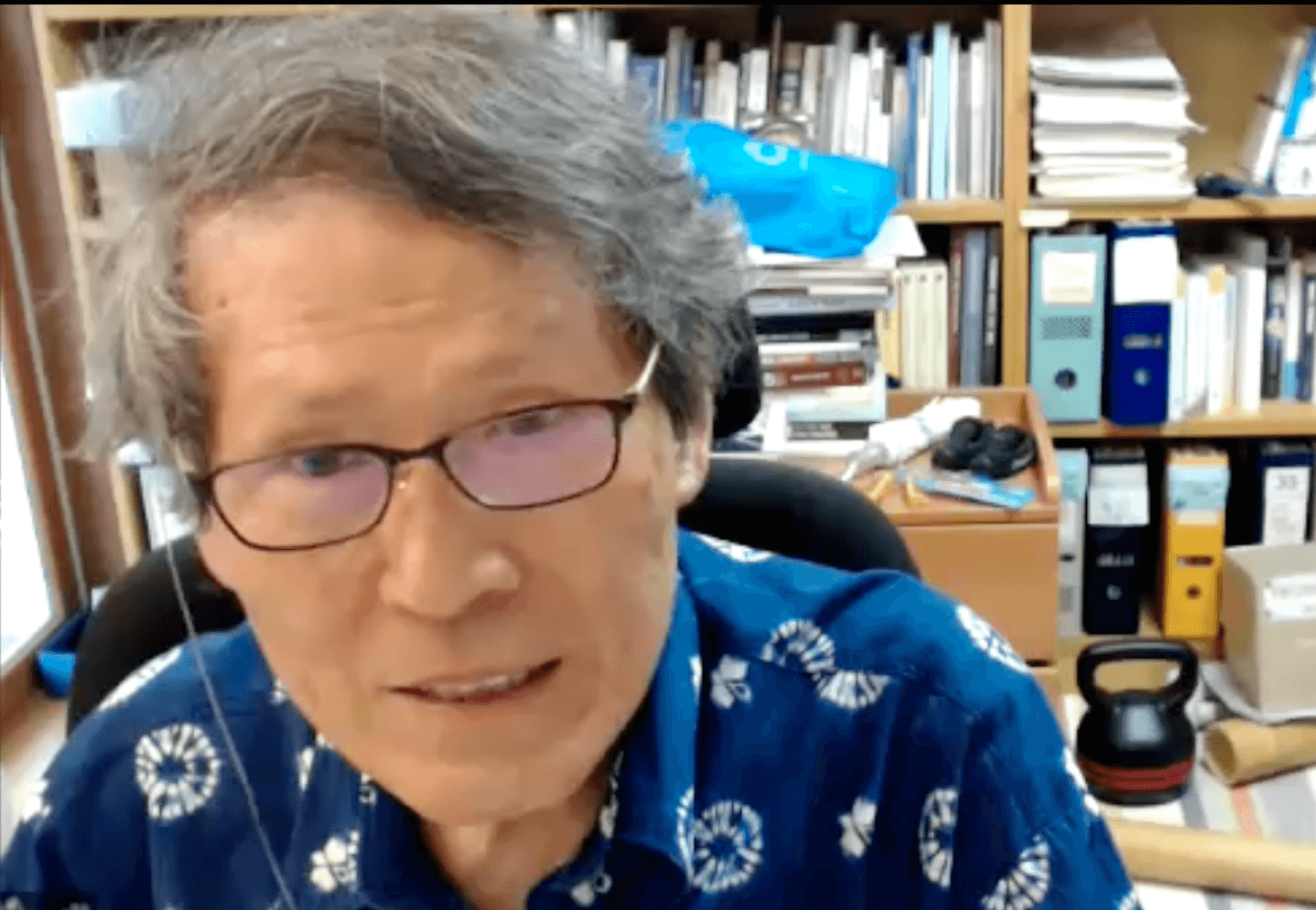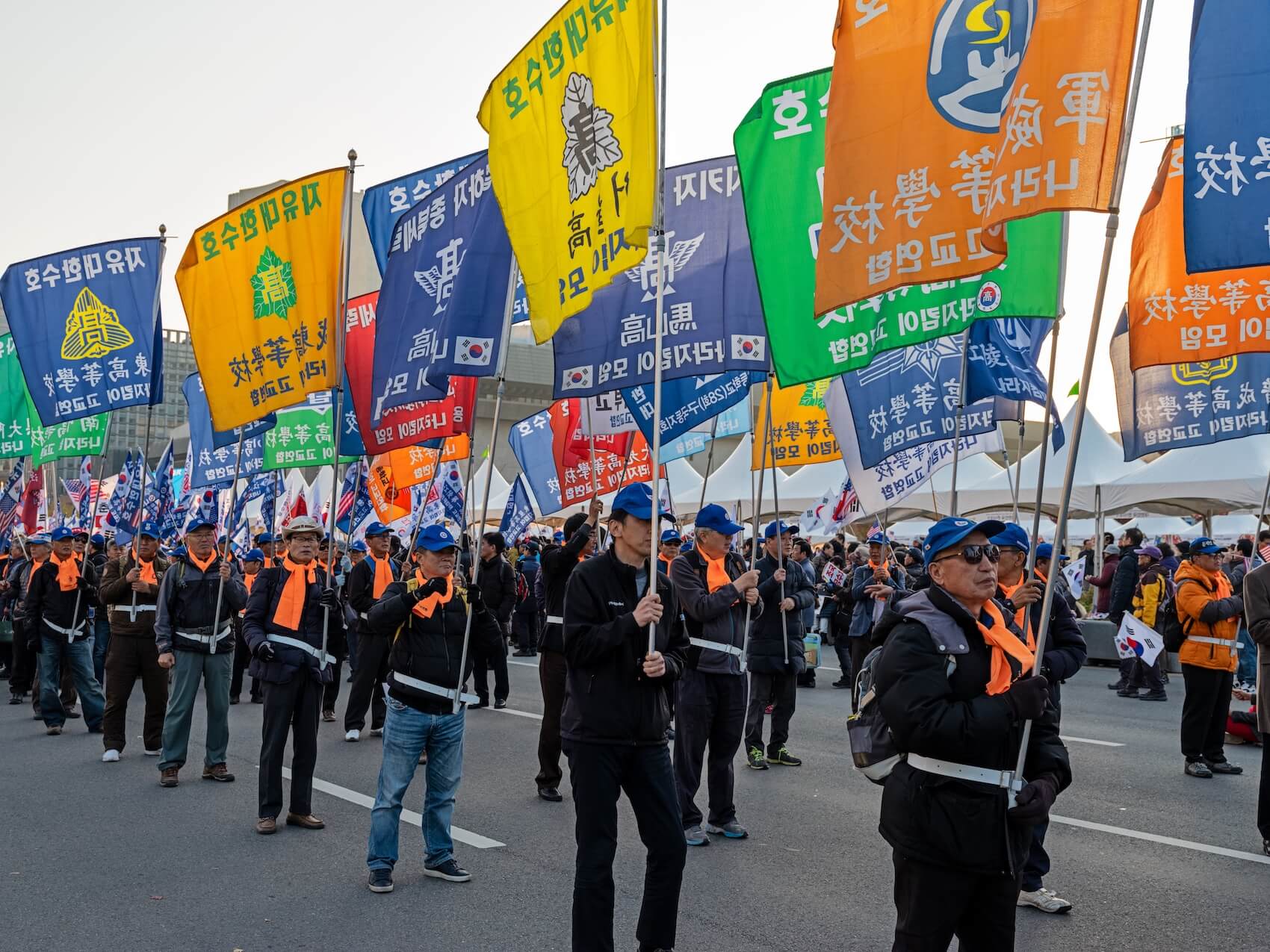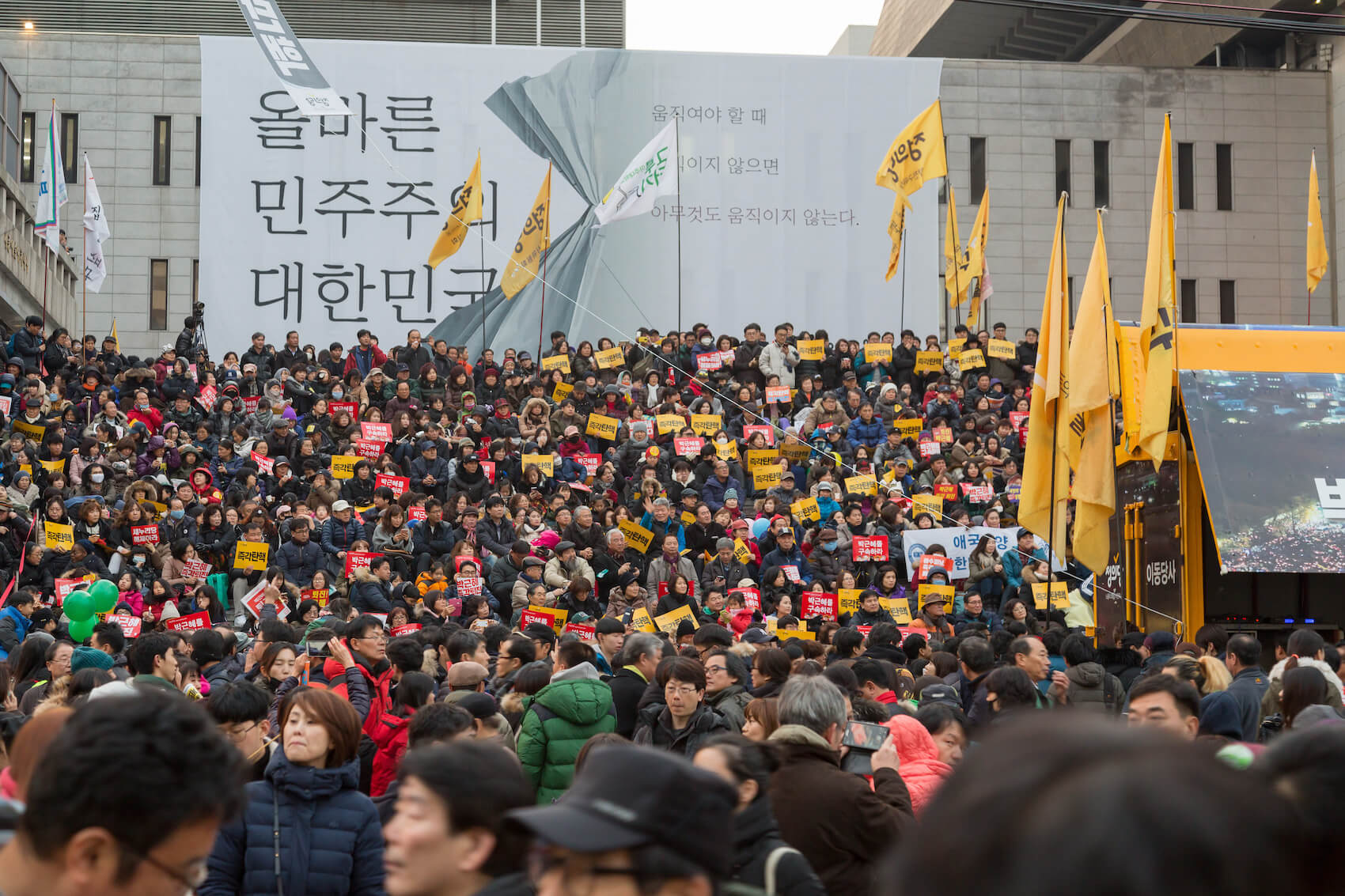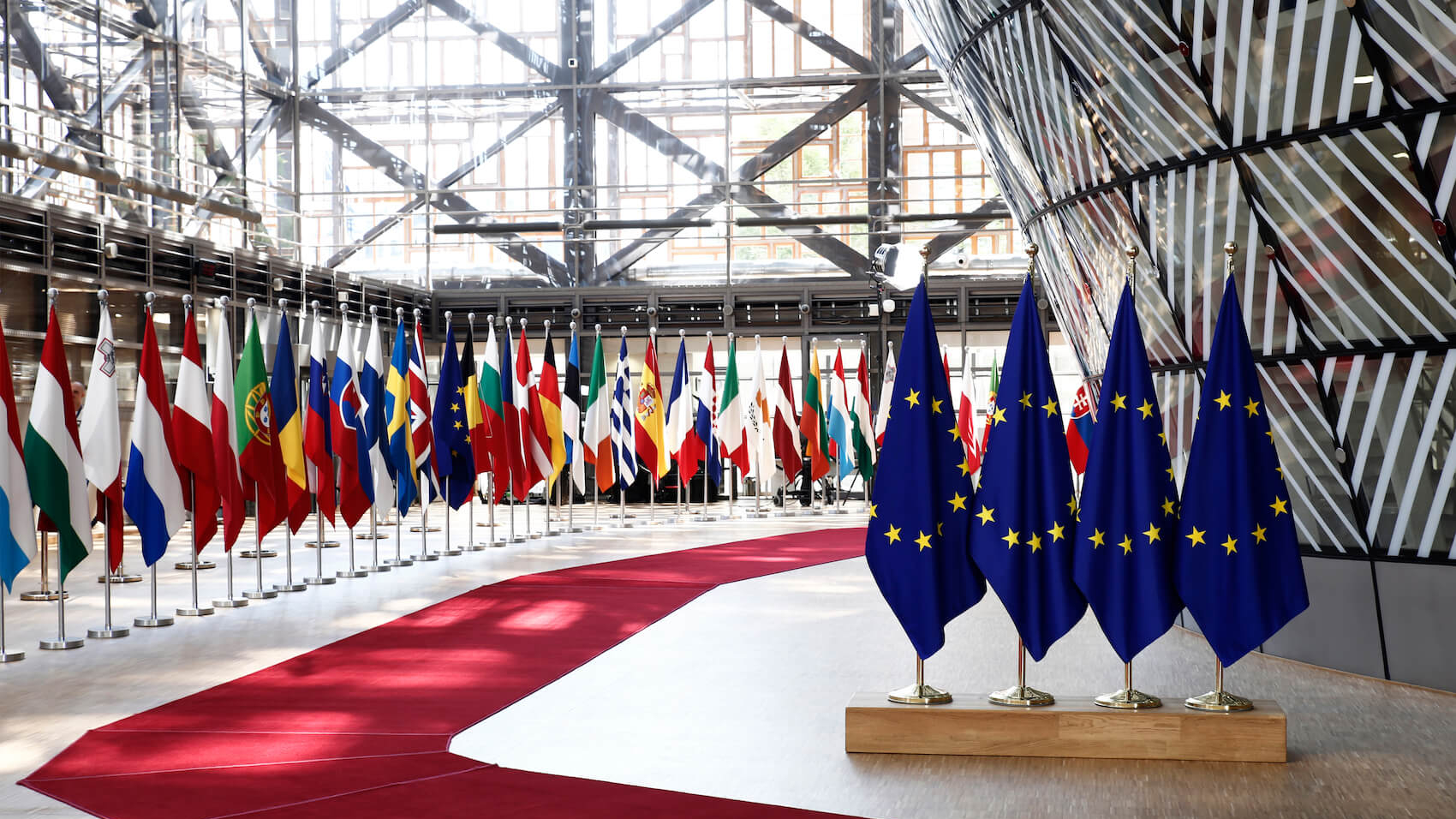Dr. Ulrike M. Vieten points out that the 2008 economic crisis played a significant role in exacerbating people’s anxieties, highlighting that “profit is individualized while risk is socialized.” This economic instability, coupled with the recent pandemic, has deepened the feeling of insecurity across Europe. These socio-economic factors, she argues, have paved the way for the far-right’s rise, as people seek to channel their distress and anger. Drawing parallels with the normalization of far-right ideologies in the early 20th century, Vieten underscores that this historical context is crucial in recognizing how quickly societal values can shift and the dangers of complacency.
Interview by Selcuk Gultasli
As critical European Parliament elections take place across Europe, Dr. Ulrike M. Vieten, an Assistant Professor in Sociology of Gender, Migration and Racisms, at Queen’s University Belfast, points out that the 2008 economic crisis played a significant role in exacerbating people’s anxieties, referencing German philosopher Jürgen Habermas, by highlighting that “profit is individualized while risk is socialized.” This economic instability, coupled with the recent pandemic, has deepened the feeling of insecurity across Europe, particularly among young people and students who lost their jobs. These socio-economic factors, she argues, have paved the way for the far-right’s rise, as people seek to channel their distress and anger.
In an interview with European Center for Populism Studies (ECPS) on Friday, Professor Vieten discussed the complex dynamics driving the rise of populist and far-right parties in Europe, one of the most affluent regions globally. Professor Vieten, a historical sociologist, offers valuable insights into the multifaceted factors contributing to this phenomenon. “The emergence of far-right, particularly racist populism, is surprising in such a wealthy continent. In my view, this has to do with the population itself; it is a class issue,” she explains, emphasizing the middle class’s fear of losing social status and the sense of entitlement that fuels these fears.
The professor also underscores the importance of understanding history to grasp the current political landscape. Drawing parallels with the normalization of far-right ideologies in the early 20th century, she notes, “The shocking reality is that within just ten years, a very cosmopolitan, modern, and diverse society like Germany in the late 1920s could suddenly transform into a monocultural, antisemitic, and racist society.” This historical context is crucial in recognizing how quickly societal values can shift and the dangers of complacency.
Addressing the role of migration as a propeller of far-right populism, Professor Vieten explains how the politicization of migration creates divisions and anxieties. She highlights the interconnectedness of the housing crisis and xenophobic sentiments, exacerbated by media and political rhetoric. “The ideologically loaded notion of migration and migrants is something that has developed over the years,” she notes, pointing to the lack of effective strategies to address these issues.
In combating the influence of far-right populism, Professor Vieten advocates for a culture of open-mindedness, solidarity, social justice, and equality. She emphasizes the need for counter-mobilization against authoritarian tendencies and the importance of cultivating anti-racism bystander habits to challenge the normalization of exclusionary ideologies.
Through this interview, Professor Vieten provides a nuanced understanding of the rise of far-right populism in Europe, rooted in historical context and contemporary socio-economic challenges. Her insights call for a concerted effort to address these issues and promote a more inclusive and equitable society.
Here is the transcription of the interview with Professor Ulrike M. Vieten with some edits.
Rise of Populist Far-Right Is a Class Issue
Professor Vieten, thank you so very much for joining our interview series. Let me start with the first question. What do you see as the primary factors driving the rise of populist and far-right parties in Europe which is one of the most affluent parts of the planet? Are there common social, economic, or political conditions that are particularly conducive to their growth across different European countries?
Ulrike M. Vieten: This is an interesting question, and I’m glad we can discuss this issue. As you noted, Europe is a wealthy and rich continent, so the emergence of far-right, particularly racist populism, is surprising. In my view, this has to do with the population itself; it is a class issue. Contrary to some prejudices, this issue is primarily about a middle class that increasingly fears losing its social status.
This fear of losing social status is tied to a sense of entitlement that, unfortunately, many European citizens have. The notion of citizenship plays a crucial role here, as it is still largely based on territorial rights. The European Union or Europe as a concept has not promoted or engaged sufficiently with the idea of a common European citizenship that transcends national identities and citizenships.
The rise of the far-right, particularly in the last 10 years, is also connected to the economic crisis of 2008. Many people tend to forget the impact of that crisis. As Habermas noted years ago, profit is individualized while risk is socialized. This means that the cost of living crisis we are currently experiencing is real, with more people losing ground in terms of income and job security.
We must also consider the impact of the pandemic. Some people, such as white-collar workers, academics like myself, or those working in offices, were relatively privileged because we could switch to online work. Although we experienced isolation and related emotional challenges, we were able to continue working. This experience contrasts sharply with that of young people and students who lost their jobs. The widespread feeling of anxiety and insecurity has affected various European countries.
This issue is complex. A journalist in Paris raised the point that there might be significant divisions between different regions of Europe or the European Union. The experiences of Eastern European countries may differ from those of Western, Central, or Scandinavian countries. It’s crucial not to generalize across all countries. Instead, studies and researchers should examine what is happening in different countries to understand what is triggering these feelings and the rise of far-right populism.
Of course, we do have some commonalities, as I mentioned previously in my speeech at the conference in Paris. For example, the housing crisis is a significant issue, not only in Ireland but also in other countries, contributing to the rise of far-right parties, such as in the Netherlands. It’s an issue in Spain as well. Despite these countries’ differences, they share an unfortunate trend of commercializing housing to an extreme extent, often lacking a functional rental market.
I’m originally from Germany, where renting is generally well-regulated, although there are issues in places like Berlin. On average, however, Germany maintains a more balanced rental market, emphasizing the right to decent housing. This level of regulation is absent in countries like the UK and Ireland. I’m focusing on Ireland because it’s part of the European Union, and the situation there illustrates a broader problem. Addressing this housing crisis should be a priority for policymakers.
The current conditions have led to a rise in xenophobic sentiments across various countries, targeting migrants and refugees. This is partly due to a sense of entitlement among long-settled citizens who feel their needs are being neglected while international migrants are accommodated. This growing xenophobia and the housing crisis are interconnected, reflecting deeper societal issues that need urgent attention.
The Temporal Proximity of Shifts Toward the Far-Right Is Shocking

In your speech at the “Do not wake the Dragon,” you often refer to history. Why do you think history is so central in understanding the rise of far-right populism?
Ulrike M. Vieten: I’m a historical sociologist, not just a political sociologist, and, as I mentioned earlier, I come from Germany and was born in the sixties. Therefore, one must come to terms with the impact of national socialism, institutional anti-semitism, and the Holocaust not only on Germany but on Europe as a whole. This historical context is essential for understanding the significance of these events.
In my recent publication with my Australian colleagues, we focus on the normalization of the global far-right. It is absolutely important and central to examine contemporary witnesses of the rise of Hitler’s nationalist socialism and fascism in other countries, such as Italy and Spain. This helps us understand what we refer to as normalizing processes. Fortunately, there is a wealth of knowledge available, including books, archival materials, and documentaries, which is why I emphasize the importance of this historical study.
The shocking reality is that within just ten years, a very cosmopolitan, modern, and diverse society like Germany in the late 1920s could suddenly transform into a monocultural, antisemitic, and racist society. This drastic change is where the mythical figure of the dragon becomes relevant. My argument is that the seeds of such transformation are embedded within liberal democracies and capitalism itself. This transformation often occurs due to a mixture of socioeconomic crises and deliberate manipulation of majority populations, making them believe that a specific group is responsible for their hardships.
Historically, this scapegoating targeted European Jews, who were assimilated into various national identities—German, French, Romanian, Bulgarian, etc. Despite their assimilation, they were singled out as the “other” and blamed for the societal disruptions and economic challenges, particularly those faced by the disadvantaged classes. This process of targeting a minority group as responsible for societal issues has repeated throughout history, highlighting the importance of understanding these mechanisms to prevent future occurrences.
The shocking element is the temporal proximity of these changes. From the late 1920s to the early 1930s—a span of just 10-13 years—Germany transformed rapidly. This serves as a stark reminder of how quickly such shifts can occur, paralleling events unfolding before our eyes today.
We have lived through the 1980s and 90s, a period when multiculturalism, diversity, equality, and inclusion were highly valued. We could not have imagined that within 10-15 years, the discourse would shift so dramatically. This change has significant consequences for the political landscape and the kinds of parties that emerge and gain influence.
Some of these far-right parties, for example, in France, have been established and present for years, so this is not a new phenomenon. The normalization process involves their ideologies becoming respectable and acceptable to a significant minority, not necessarily a numerical majority, but enough to wield considerable influence. This minority can empower these parties to gain parliamentary seats, not just in national elections but also in the European Parliament.
This trend is concerning and underscores the importance of studying history and listening to contemporary witnesses. Many people may not fully comprehend the gravity of the situation because it is human nature to take things for granted until they are lost. As an academic, and for organizations like yours, it is crucial to alert and alarm people about these developments. Understanding the past is essential to grasp the potential implications of current events, and to recognize that the rise of such parties is not entirely new.
It’s not new; it has been done before. It’s not simply a matter of history repeating itself, but the elements are there. So, in response to this concern, I like to cite intellectuals of the Frankfurt School in exile, particularly Adorno and Horkheimer. If these names ring a bell, my favorite quote comes from Max Horkheimer, who wrote in 1939: “Those who do not want to talk about capitalism should be silent about fascism.” In my view, this encapsulates the core of the problem.
Adorno, in the 1960s, gave a very famous lecture in Vienna, which was published in both German and English. He foresaw that the transformations and different stages of capitalism might again lead to feelings of losing social status and the concentration of capital. We are witnessing a further push in modernity and the dynamics of late capitalism, which can exacerbate these issues. This is why understanding history is so crucial.
Migration Has Become Politicized
How do the increasing populist and far-right tendencies in various member states affect the process of European integration and the overall stability of the European Union? Are there specific policy areas (like migration) where their influence is particularly noticeable? Can you please especially explain the role of migration as one of the propellers of far-right populism in Europe?
Ulrike M. Vieten: It goes back to what I mentioned earlier about migration being the main problem, which I believe was staged. I wouldn’t go so far as to directly compare the projection of anxieties and racism toward Jews in the 1930s to the current situation with migrants. However, we do see similar patterns and structures. The ideologically loaded notion of migration and migrants is something that has developed over the years. As someone who has observed this both from within and outside the European Union, I find it very interesting to understand.
Until 2016, before Brexit, there was always a distinction between migrants, refugees, and asylum seekers. These distinctions, which are also legal, have somewhat collapsed over time. We are not just talking about migration as an issue; it produces anxieties for the reasons I outlined earlier. For example, if there is a systemic housing catastrophe, as Irish President Michael Daniel Higgins noted two years ago, and no real strategy to resolve it, it becomes easier to blame arriving international protection applicants and refugees who need housing. These individuals have a right to accommodation, while in many countries there are issues not only with homelessness but also with the availability and affordability of housing.
These divisions are often exacerbated by the media and politics, which unfortunately are not helpful here. They often play into the tune of far-right populism by creating boundaries and divisions. Instead of framing the issue as one that affects all people living in a particular country and promoting solidarity, it’s easier to focus on numbers, like saying there are 13,000 refugees coming into the country while there are 10,000 homeless citizens. Even if those 10,000 homeless people can’t vote because they don’t have an address, others perceive the situation as unfair. People might relate more to a fellow citizen than to a refugee or someone from Sudan. This issue intersects strongly with racism, highlighting differences between white and black bodies and is heavily gendered. It becomes a mixture of various complex areas, influencing who is welcomed and allowed to stay.
In my view, migration has become politicized. Emotions and distress are being used to channel anger, rather than being fair or open about capitalist interests. The housing market is commercialized, interest-focused and privatized rather than collective. Some discussions have really gotten out of hand. The media and mainstream politicians have not been helpful, as they often follow the lead of far-right populist politicians and leaders. Efforts to counter this division and the racism it conveys are not very visible, at least in the news I follow, which includes German-speaking and English-speaking media.
Assumption That Younger Generations Would Be More Liberal and Left-Wing Disproved
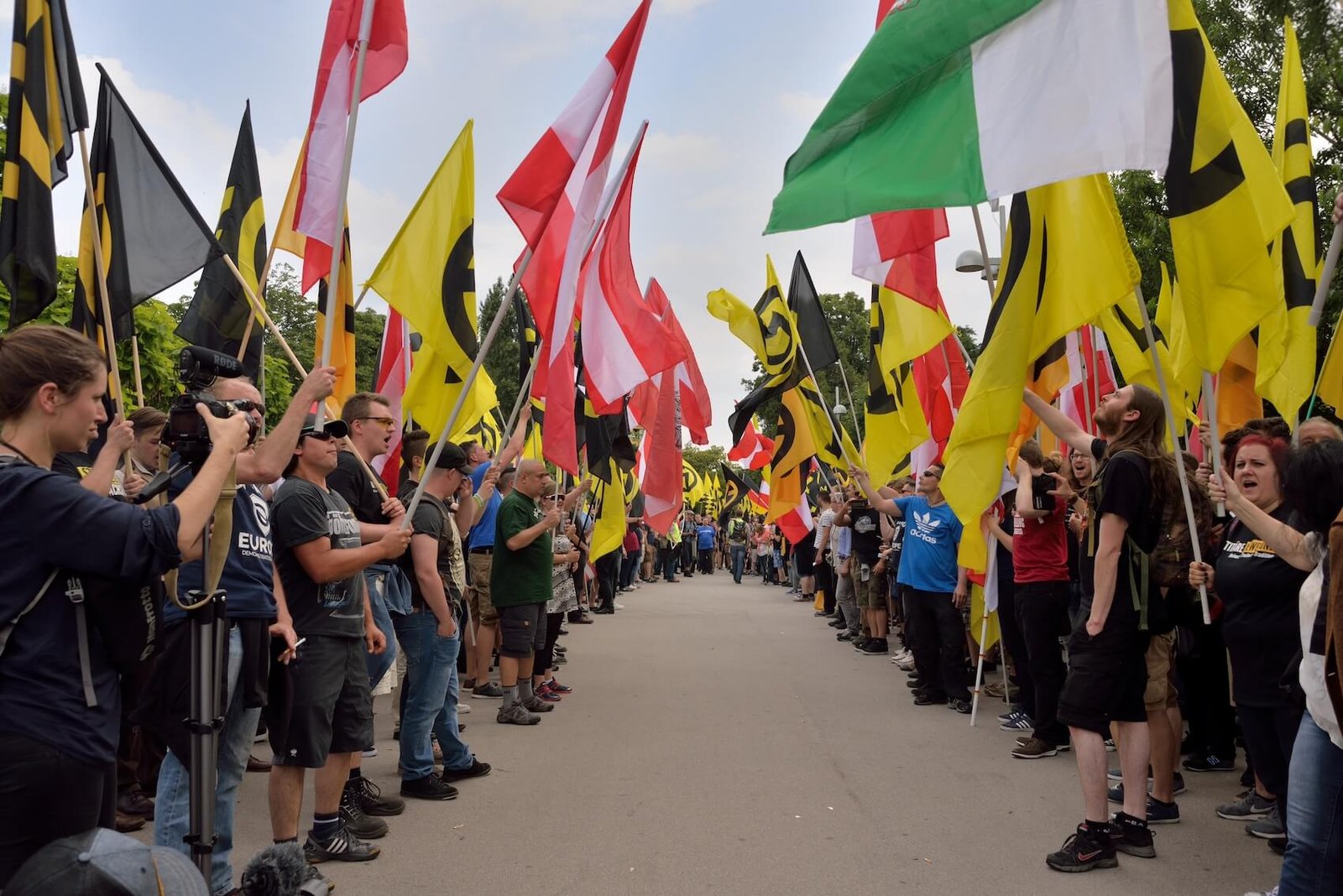
What strategies are populist and far-right parties using to attract voters ahead of the upcoming EP elections? How are they framing their messages to resonate with a broader audience, and what role does social media play in their campaigns?
Ulrike M. Vieten: I must say this question is a bit beyond my comfort zone, as I’ve been outside the European Union for a few years now. However, from what I understand, various countries have successfully gauged the type of anger and socio-economic upset present in different localities, particularly at the subnational level. They take the frustration and anger of local people seriously. This approach seems more successful, perhaps because a crucial element of populism is its anti-elite stance. Populists argue that the political elite has not listened to people’s concerns and has had 20 years to address these issues but has not done much. This narrative has been a success story for far-right populists, as they can relate to and communicate with people on a very local level, at least pretending to take their concerns seriously.
Regarding social media, I mentioned earlier that the pandemic, in my view, triggered a lot of what’s happening now. Social media’s potential for spreading conspiracy theories and fake news has been exploited, with platforms like WhatsApp and Telegram being used to mobilize people. You might have heard about the incidents in Ireland last year, which were based on false information about the events and the actors involved. The Irish police, Gardaí, were apparently unprepared for the resulting outrage and riots on the streets. Populists are very capable of using social media, which is also a generational issue. We might assume that younger generations would be more liberal and left-wing, but that’s not the case. The landscape is much more fragmented, with movements like the Identitarian movement in France capturing the interests of younger people. This is a significant concern. While I can use social media, I am not able to fully understand its extent or impact. Established parties may not use or understand these tools as effectively, which could be attributed to generational differences.
People in Poorer Urban and Rural Areas Often Feel Abandoned
In your opinion, what measures can mainstream political parties and civil society take to effectively counter the narratives and influence of populist and far-right movements? Are there successful examples of such counterstrategies in recent European political history?
Ulrike M. Vieten: European history sounds grand, but here I refer to the constructive, positive experience of a group called “Hope, Not Hate” based in Ireland. Originally, they started with a different name that more explicitly focused on monitoring far-right activities. They have since shifted their focus to promoting a positive, inclusive vision. Their approach is similar to some strategies used by far-right populists: they engage with local communities, taking their concerns seriously. Instead of immediately stigmatizing those protesting the accommodation of new asylum seekers in previously empty hotels, they engage in dialogue to understand the sources of their anxieties and frustrations. This is hugely important as it addresses feelings and experiences of deprivation in a very tangible sense.
It’s not by chance that in poorer parts of cities or rural areas, people often feel abandoned. These communities, already experiencing significant deprivation, are then confronted with a larger group of people who look different, speak differently, and have different cultures. There is often no encompassing structure to help them manage their fears and learn about these individuals. In some places, volunteers have addressed this by not only offering language training but also organizing shared cooking and socializing activities. This helps break down barriers and the sense of “otherness” that dehumanizes and stigmatizes these groups. Without normal or spontaneous communication, it becomes easy to criminalize and marginalize them. As soon as people target a specific group and that group becomes marginalized, it becomes abstract, making it easier to criminalize them.
What’s happening right now with the illegal Migration Bill is concerning. At another time, I would argue that such a bill would have been considered illegal. Some actions may become legal, but in terms of ethics and a deeper understanding of what law and justice should be, it’s the opposite. This is where historical knowledge is crucial. We must be very aware of how legal systems can be established to criminalize, marginalize, and rationalize the exclusion of others. This is what’s on the agenda now.
Re-election of Trump Expected to Further Normalize Far-Right Ideologies

How do you think a possible victory by Donald Trump at the upcoming US elections will affect the normalization of global far-right movements?
Ulrike M. Vieten: My spontaneous answer to this is that it’s already normalized. That’s the problem. This normalization started 10-20 years ago, possibly even after 9/11, with the racialization of Muslim communities. It’s a process where people become accustomed to accepting that a vulnerable group can be stigmatized. For example, in some Continental European countries like Belgium, where you’re based, there’s criminalization of headscarves and targeting of gendered clothing. This normalization process makes it acceptable to criminalize wearing certain types of clothing.
If Trump wins a second term, which I think is very likely, it will only continue a trend he started earlier. It’s almost like a theater of absurdity, where a politician can encourage followers to attack the symbolic buildings of liberal democracy in the United States. He should stand trial for such actions, but instead, the most significant trial he faces seems to be about paying hush money to a sex worker. This shows how far we have come in this process of normalization.
It might be a new stage, and that’s very relevant in terms of international politics. However, it’s not a symptom of a new stage of normalization because the normalization and accommodation of far-right, racist, white superiority, as embodied by Trump, is part of an ongoing process. This process involves machismo, patriarchy, and white superiority. The shocking aspect I mentioned is the widespread polarization in different societies, including the United States, European countriesand Brazil. Social cohesion is gone, and there is no longer a consensus on what democracy, social values, gender equality, or inclusion mean. We now have polarized positions.
Trump’s prominence is partly due to his many white, middle-class, or working-class followers who admire his sexist and racist positions. This admiration of certain identities and claims globally is alarming. Reading history books, we often wonder how people could have admired figures like Hitler. However, what we see now has similarities, including the sexualization of politics, which helps explain why figures like Trump become so successful.
Silencing Dissent Can Lead to Increased Polarization and Fragmentation
Lastly, Professor Vieten, based on your recent article, “Accomplices to Social Exclusion? Analyzing Institutional Processes of Silencing,” how do institutions systematically mobilize silencing as a tool of power, especially given the rise of populist radical right and far-right parties that are socially and politically exclusionary? Can you elaborate on how institutional silencing specifically affects intersections of social class, gender, race, and ethnicity and what the potential effects of these exclusions and silencing might be in the upcoming EP elections?
Ulrike M. Vieten: That’s a very complex question that touches on various dynamics inherent to these problems. I’ll start with the institutional processes of silencing. In opposition to silencing, we could argue that there is a right to free speech. Far-right parties and politicians definitely have the right to express what they think is right and wrong. Likewise, populations who identify with these far-right populist views have the right to tell their stories.
On the other hand, limitations on free speech must align with constitutional rights, values, and respect for others. These limitations are necessary to maintain a balanced discourse. The issue of silencing is not limited to far-right populist parties; it’s more complex. What I’m observing is institutional silencing on controversial issues, which varies by country. For example, discussions about the war in Gaza are handled very differently in Ireland and Spain compared to Germany and France. In some places, expressing critical views about certain politicians or Israeli policies can lead to being labeled as antisemitic. This kind of silencing can lead to increased polarization and fragmentation, making people feel disenfranchised.
Far-right populist parties often capitalize on this feeling of being silenced or marginalized. This can drive people toward these parties as they seek a platform to express their views. This phenomenon isn’t as visible with left-wing parties at the moment, unlike in previous years when left-wing populist parties were stronger in Greece and Spain. This is a macro societal issue that affects the overall political landscape.
Another issue that hits close to home involves institutions like universities, newsrooms and even public spaces like buses or trains. What does it take to speak up and overcome bystander silence? We should cultivate what I would call anti-racism bystander habits. This idea is linked to countering authoritarian characters, harking back to the Frankfurt School’s analysis of how National Socialism emerged and became successful. They identified the authoritarian character as a key factor.
We need counter-mobilization to combat the silencing of different views. Traditions and cultures of communication vary across countries, but there is a universal need for a positive understanding of conflict. Conflict can be constructive if disputes are accepted and people are trained to understand communication dynamics. This is not just about becoming a successful leader but about understanding how communication works and how enriching it can be to listen to different perspectives. Understanding where other views come from is crucial, and this skill is currently lacking. There is much work to be done in this area.
Unfortunately, my final thought on this topic is rooted in my experience as an academic. I began writing about cosmopolitanism in Britain and Germany in 2004-2005 and published on it in 2012. Back then, I thought the idea of cosmopolitanism was beautiful, but it can’t exclude any groups or people from other countries. That was a naïve perspective. Claiming cosmopolitanism as a specific cultural attitude for Europe, Europeans or even worse, European Union Member State citizens, is absolutely ridiculous.
We need to recognize that cosmopolitanism was already visible as potentially being co-opted for middle-class mobility and cosmopolitan interests, rather than embracing its true vision. The vision of cosmopolitanism should be about developing a culture of open-mindedness, solidarity, social justice, and equality—principles that are still not fully realized. Achieving this would require a willingness to share and support local communities. It isn’t something that can be achieved overnight, but it involves unlearning a sense of entitlement developed over centuries and learning to engage with others, with the stranger, to lessen fear and build connections.

